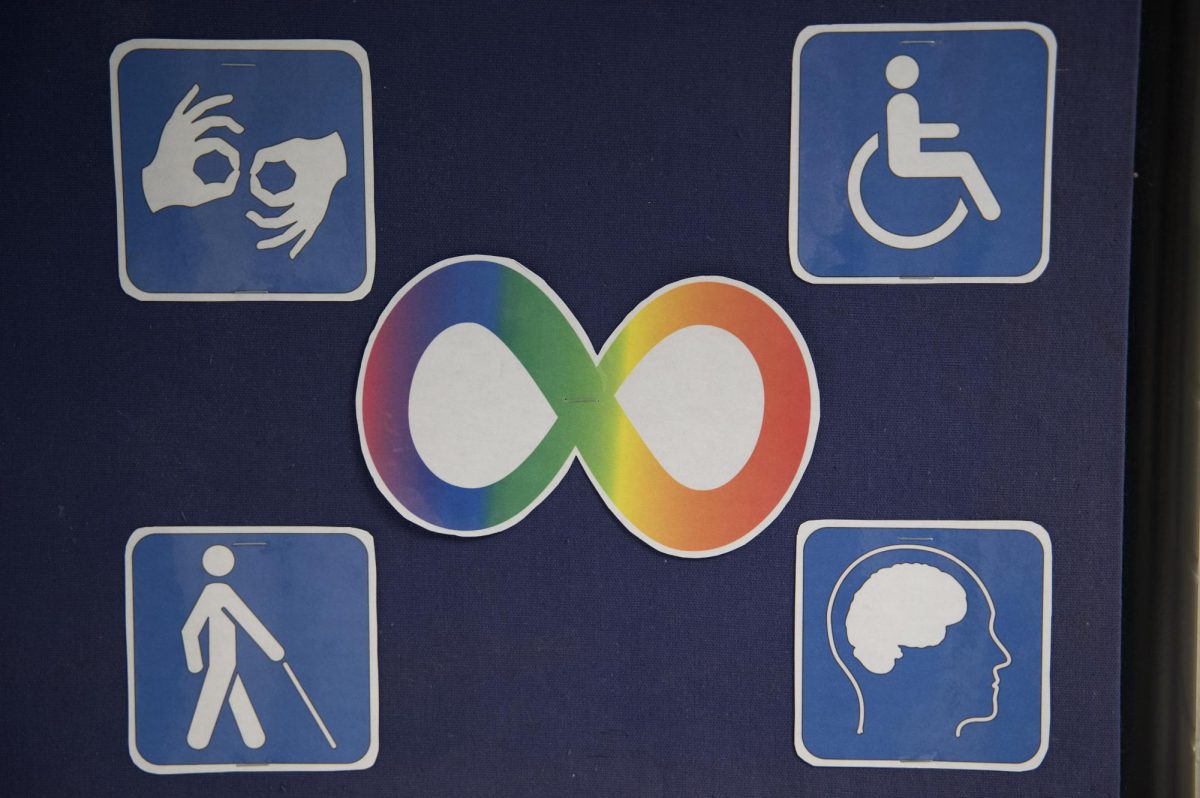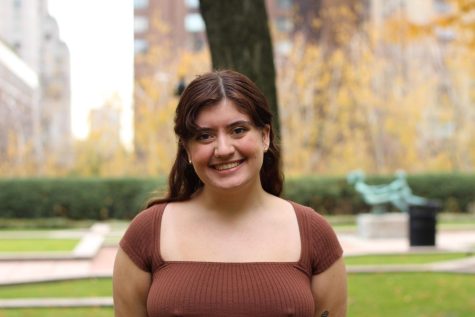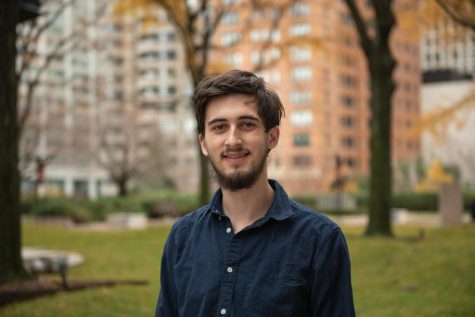The number of students requesting disability accommodations at Fordham has risen sharply since the onset of the COVID-19 pandemic. This led the university to approve the hiring of two new full-time employees in the Office of Disability Services (ODS) at the start of the 2023-24 school year, according to Mary Byrnes, director of disability services at Fordham.
An increase of 57.95% of students registered with ODS occurred between the end of the 2018-19 academic year to the 2022-23 academic year, with the numbers of students registered being 1,056 and 1,668, respectively. Fordham’s ODS is composed of seven staff members, three of which are based at the Lincoln Center campus.
Byrnes attributed the rise in accommodation requests to the pandemic as well as the increasing class sizes that have been admitted over the past three years.
The type of documentation necessary to receive accommodation varies based on the category of disability — psychological, learning/ADHD or physical/medical.
In order to receive disability accommodations from ODS, students must fill out an online application and upload documentation of their disability, after which they must call the office to schedule an “intake meeting,” a one-on-one appointment with a staff member in which the staff work with the student to create an individualized accommodation plan.
According to Byrnes, this process typically takes one week, from when a student submits their online application to when they are scheduled for an intake appointment.
Bianca Ortega, Gabelli School of Business ’25, sought accommodations from ODS following her diagnosis with attention-deficit/hyperactivity disorder (ADHD) and anxiety in February 2022.
“I feel like the process for me was pretty straightforward and simple to navigate once I found those resources and was pointed in the right direction,” Ortega explained.
She added that she realizes she may have been at an advantage compared to other students because her psychologist researched what Fordham provides for her and laid out the information in a way that was understandable and accessible. Ortega attributed the ease of her process with ODS to the assistance of her psychologist and described her psychologist’s help as invaluable.
Ash Daniels, Fordham College at Lincoln Center ’24, shared a different outlook and experience when he sought an accommodation from ODS to be exempted from the university’s foreign language core requirement.
Despite receiving this exemption from a similar requirement at his high school due to language-learning difficulty relating to ADHD, Daniels said he was denied this exemption at Fordham and was told to re-apply.
Byrnes attributed the rise in accommodation requests to the pandemic as well as the increasing class sizes that have been admitted over the past three years.
Daniels noted that they were in therapy and were prescribed medication at this time, but were advised by ODS to seek other departmental resources from the university in order to determine the best course of action.
“I then said that language classes were detrimental to my mental health and they said if it was that bad maybe I shouldn’t be in school at all or, seek other help,” he said.
According to Byrnes, the statement by the counselor with whom Daniels communicated was the standard response from ODS regarding students’ mental health concerns: to recommend speaking with the deans as well as counseling and psychological services.
After being denied the exemption, Daniels said that he was not told what type of documentation he would need should he want to resubmit his request in order to receive the accommodations.
The type of documentation necessary to receive accommodation varies based on the category of disability — psychological, learning/ADHD or physical/medical.
For psychological disabilities, students must provide a letter from the person diagnosing the condition, including the formal diagnosis, the onset of the condition and its effect on the student. The documentation must be dated within the past six months, be on official letterhead, and include the mental health professional’s signature and license number.
When seeking accommodations for learning disabilities and ADHD, students must provide a neuropsychological report or a high school individualized education plan (IEP)/504 plan — which outline accommodations for students in K-12 and, in the case of a 504 plan, collegiate education — dated within the past four years. If the report is out of date, the ODS website specifies that students may be able to supplement it with an updated letter from their doctor, but whether this is acceptable varies on a case-by-case basis.
Students with physical/medical disability requests must provide a letter from their doctor, dated within the past six months, explaining their condition and how it impacts them. The letter must be on official letterhead as well as include the doctor’s signature and license number.
Throughout this process, Byrnes maintained that the office remains eager to assist and support students in their educational pursuits.



